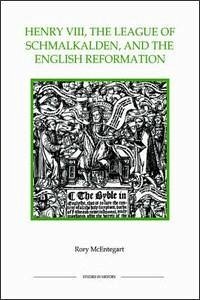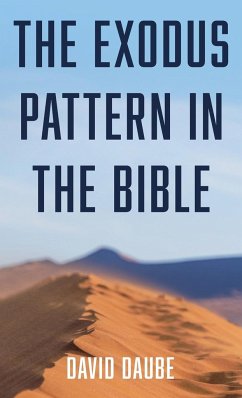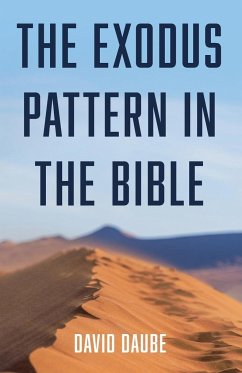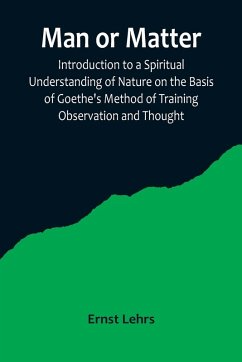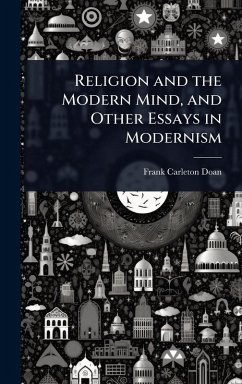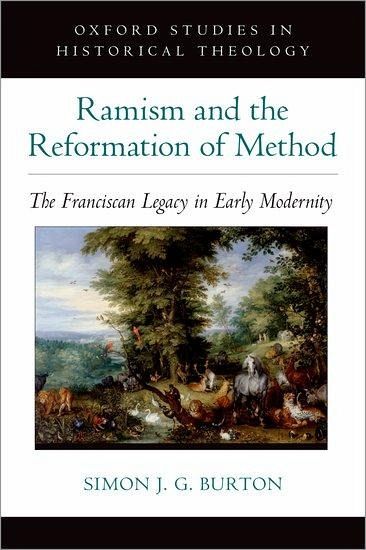
Ramism and the Reformation of Method
The Franciscan Legacy in Early Modernity
Versandkostenfrei!
Versandfertig in über 4 Wochen
117,99 €
inkl. MwSt.
Weitere Ausgaben:

PAYBACK Punkte
59 °P sammeln!
Ramism and the Reformation of Method explores the popular early modern movement of Ramism and its ambitious attempt to transform Church and society. It considers the relation of Ramism to Reformed Christianity and its development as a divine logic attuned to understanding both Scripture and the world. In doing so, it reveals how Ramists rejected the notion of a philosophy or worldview independent of God and sought to encompass everything under an overarching Christian philosophy indebted to Franciscan ideals. The supreme goal of the Ramists was the remaking of the world in the image of the Tri...
Ramism and the Reformation of Method explores the popular early modern movement of Ramism and its ambitious attempt to transform Church and society. It considers the relation of Ramism to Reformed Christianity and its development as a divine logic attuned to understanding both Scripture and the world. In doing so, it reveals how Ramists rejected the notion of a philosophy or worldview independent of God and sought to encompass everything under an overarching Christian philosophy indebted to Franciscan ideals. The supreme goal of the Ramists was the remaking of the world in the image of the Triune God.








